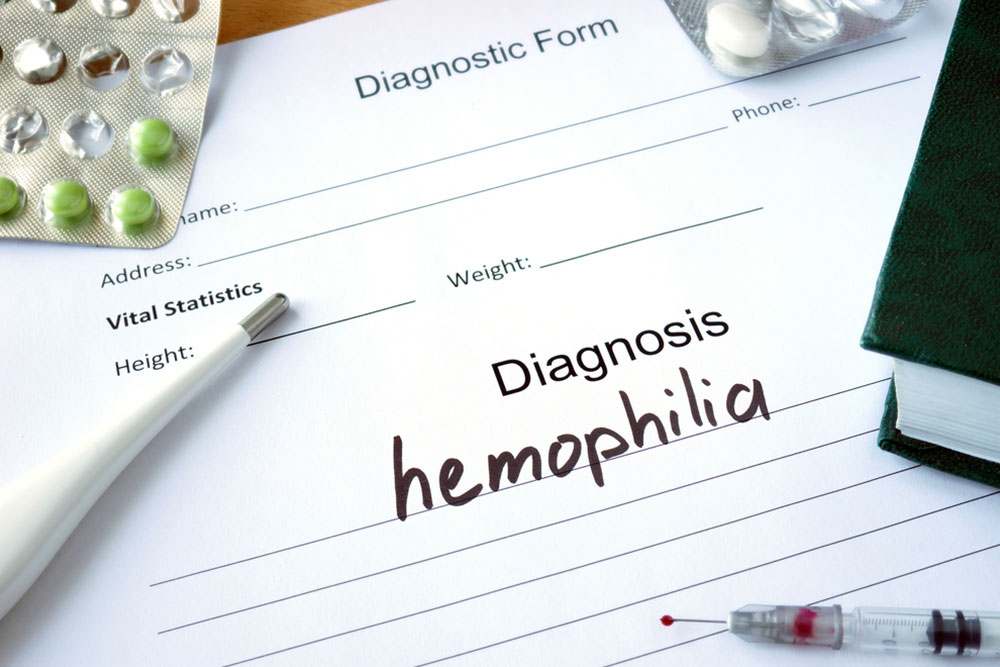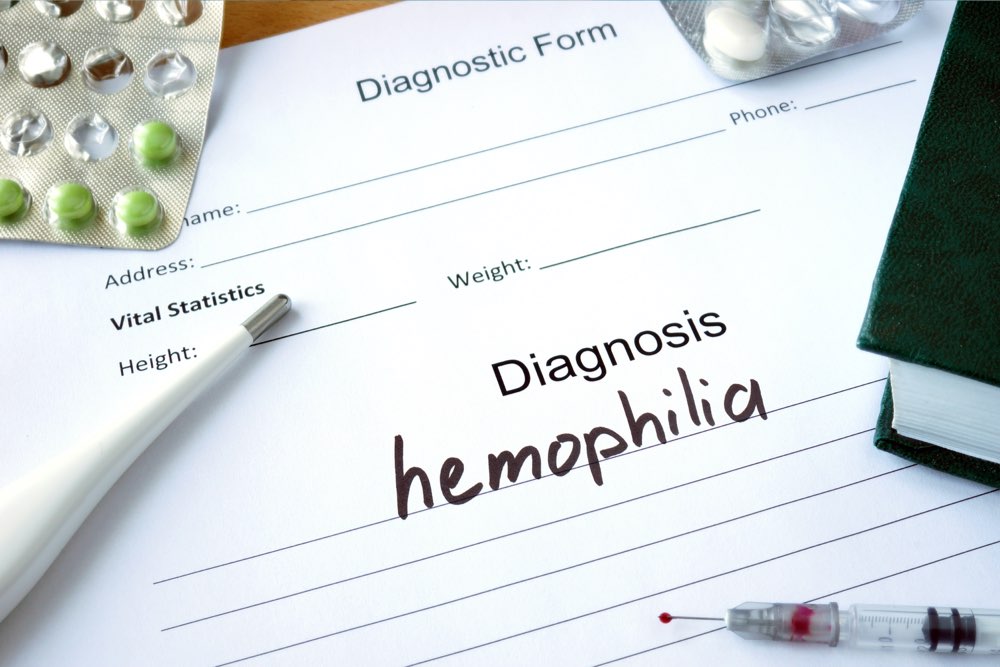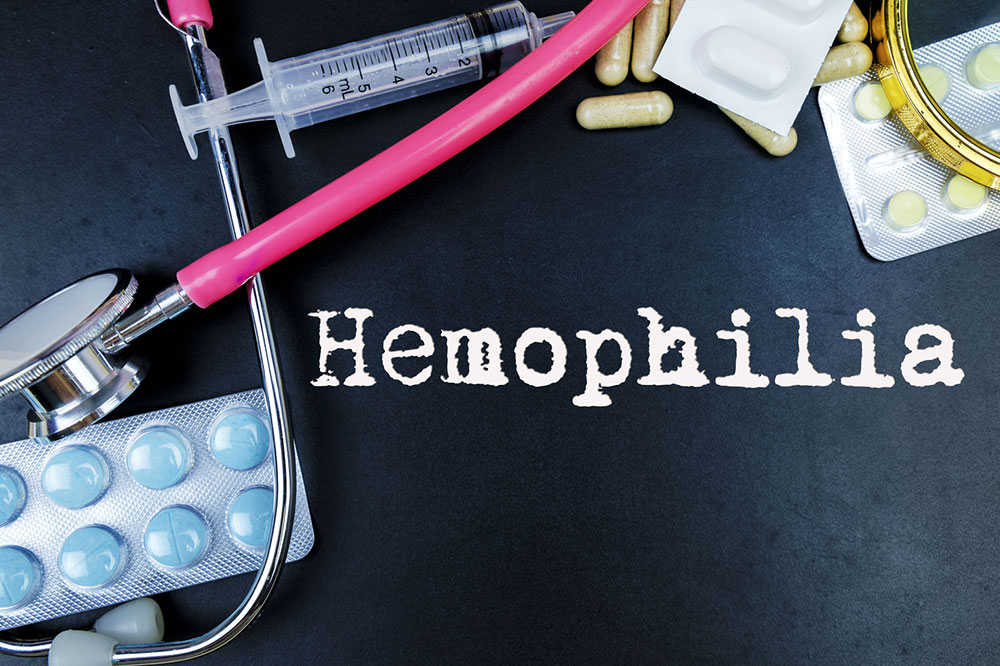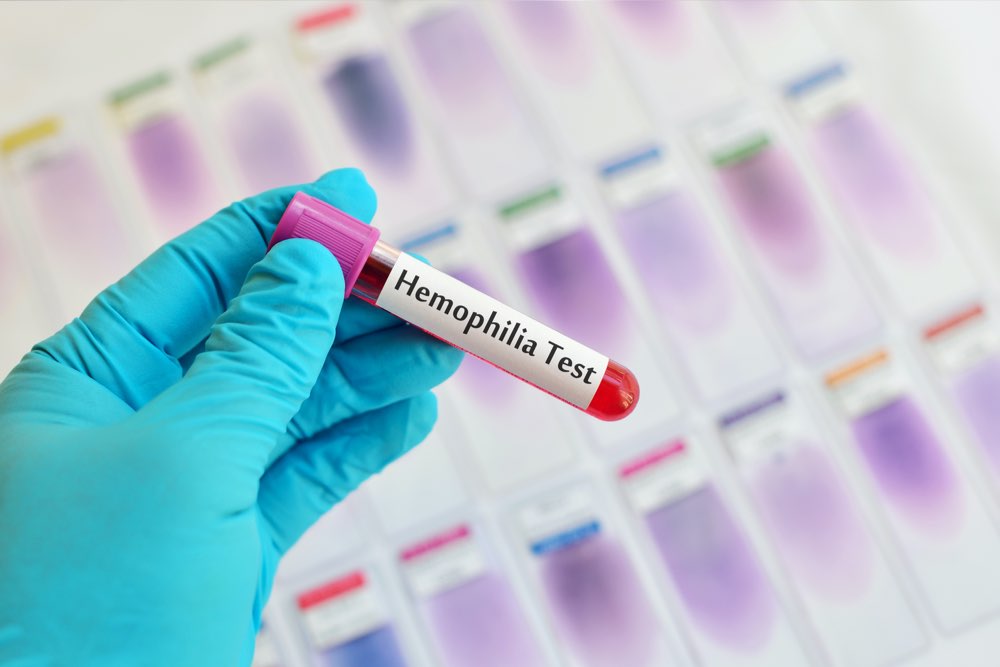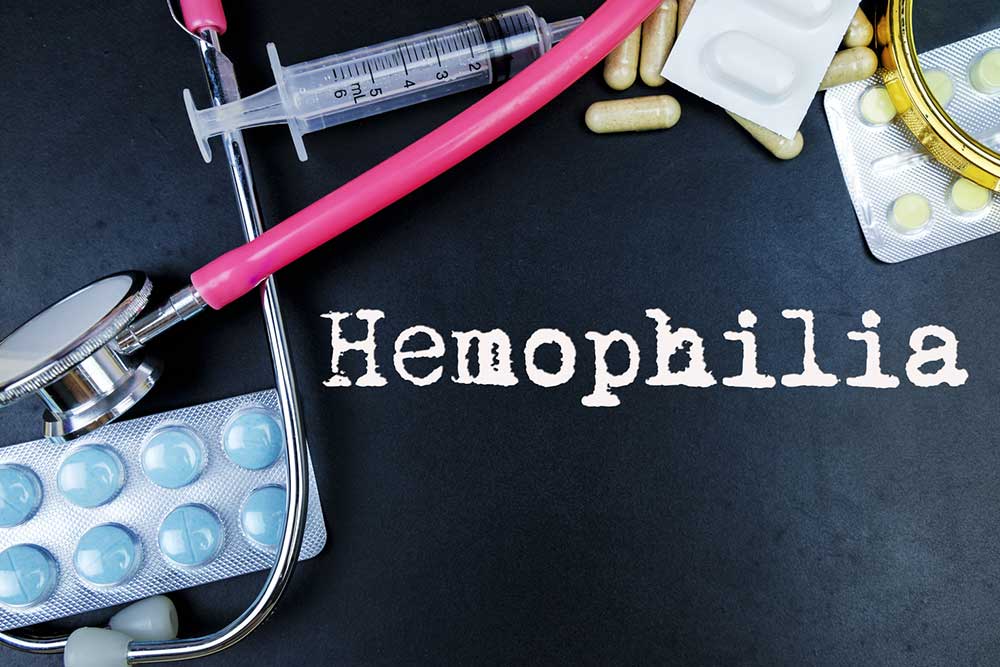Understanding Hemophilia: Signs, Symptoms, and Treatment Strategies
Hemophilia is a hereditary disorder impairing blood clotting, leading to excessive bleeding. Recognizing early symptoms like bruising, bleeding, and joint pain is vital. Treatment primarily involves replacing clotting factors through injections, with options including plasma-derived and recombinant concentrates. Advanced medications can help reduce bleeding frequency. Proper diagnosis and personalized management are essential to prevent serious complications such as internal bleeding or neurological issues. Consulting healthcare providers ensures effective treatment tailored to individual needs.
Sponsored
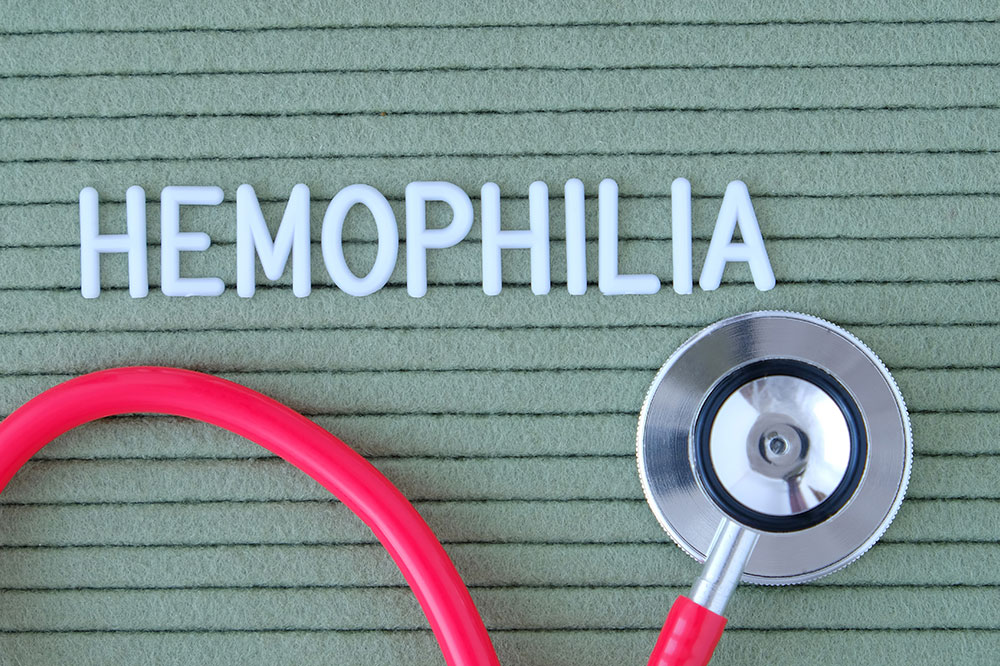
Hemophilia is a genetic disorder characterized by the blood's inability to clot properly due to a deficiency of clotting proteins. Although minor injuries may not pose a threat, severe trauma can lead to dangerous bleeding episodes. The severity of symptoms varies depending on the level of clotting factors. Common signs include excessive bleeding from small cuts, easy bruising, and bleeding in joints. In rare cases, bleeding in the brain can occur, leading to serious complications. Effective management involves replacing missing clotting factors through specialized treatments.
Signs and Symptoms
Symptoms differ among individuals; some experience frequent large bruises, bleeding after vaccinations, or blood in urine or stool. Joint pain, swelling, and stiffness are also common. Severe cases might involve neurological symptoms such as headaches, vision problems, or consciousness disturbances. Immediate medical attention is crucial if brain bleeding is suspected, especially after head injuries, as it can cause seizures or vomiting. Proper diagnosis and treatment are essential for managing the condition effectively.
Treatment methods for hemophilia mainly include episodic and preventive approaches. The primary goal is to supplement missing clotting factors via injections, which can be administered at home by the patient. These concentrates fall into two categories: plasma-derived and recombinant. Long-term use may lead to inhibitor development, reducing treatment efficacy. Additional options like HEMLIBRA® help decrease bleeding episodes, while medications such as DDAVP® and Stimate® are suited for mild cases by mimicking natural hormones that promote clotting. Antifibrinolytic agents like Amicar® help stabilize clots. Always consult healthcare professionals to determine appropriate treatment protocols tailored to the severity of hemophilia.

